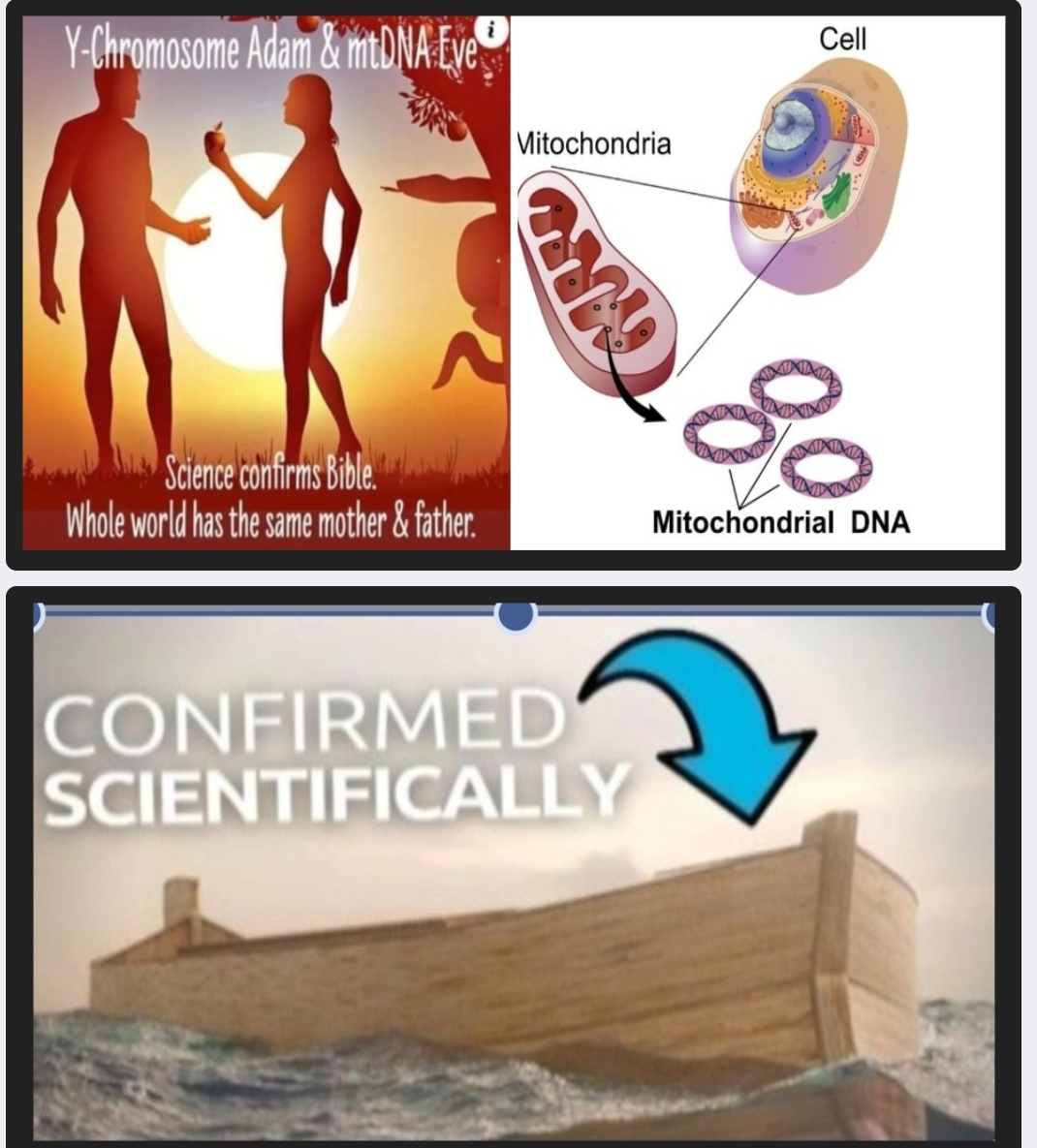Similarities between Gnosticism and Calvinism
Gnosticism and Calvinism are two distinct theological systems with different origins and core tenets. However, despite their differences, there are some intriguing similarities between the two that warrant exploration. These similarities primarily revolve around the concepts of election, dualism, knowledge, and limited atonement.
Election and Predestination:
Both Gnosticism and Calvinism emphasize the concept of election, where a select group is chosen for salvation. In Gnosticism, this election is based on possessing special knowledge (gnosis) or belonging to a spiritual elite. Gnostics believe that only those with this esoteric knowledge can transcend the material world and achieve salvation. Similarly, Calvinism upholds the doctrine of predestination, where God has sovereignly chosen a select few for salvation before the foundation of the world. While the basis for election differs between the two systems (knowledge vs. divine decree), the concept of a predetermined group destined for salvation is a common thread.
Dualism:
Gnosticism is inherently dualistic, positing a stark separation between the material world (seen as evil or flawed) and the spiritual realm (seen as pure and good). This dualistic worldview leads Gnostics to view the material world with contempt and to seek escape from its clutches through spiritual enlightenment. While Calvinism does not embrace the same level of dualism as Gnosticism, it does emphasize the depravity of human nature and the fallenness of the world, contrasting it with the holiness and sovereignty of God. This emphasis on the separation between the divine and the human, and the inherent sinfulness of humanity, can be seen as a point of convergence with Gnostic thought.
Knowledge:
Gnosticism places a high value on esoteric knowledge (gnosis) as the key to salvation. This knowledge is not readily available to everyone but is reserved for a select few who are deemed worthy. Similarly, while Calvinism does not rely on secret knowledge, it does emphasize the importance of understanding and accepting the doctrines of grace and the sovereignty of God. This emphasis on theological knowledge as a crucial component of faith can be seen as a parallel with Gnostic thought, where knowledge plays a central role in achieving salvation.
Limited Atonement:
Calvinism teaches the doctrine of limited atonement, which posits that Christ's death on the cross was only intended for the elect. This exclusivity resonates with the Gnostic notion that salvation is only accessible to a select few who possess the necessary spiritual knowledge or insight. Both systems, in their own way, limit the scope of salvation to a chosen group, whether that group is defined by knowledge or divine decree.
Additional Similarities:
Beyond these core similarities, there are other potential points of convergence between Gnosticism and Calvinism. Both systems can be interpreted as promoting a hierarchical view of salvation, where some individuals are seen as more spiritually advanced or favored than others. Both systems also place a strong emphasis on the sovereignty of God (or a higher power) in determining the fate of individuals.
It is important to note that these similarities should not be overstated. Gnosticism and Calvinism are distinct theological systems with significant differences in their understanding of God, creation, and salvation. However, exploring the similarities between these two systems can shed light on the complex and multifaceted nature of religious beliefs and practices.



Comments
Post a Comment